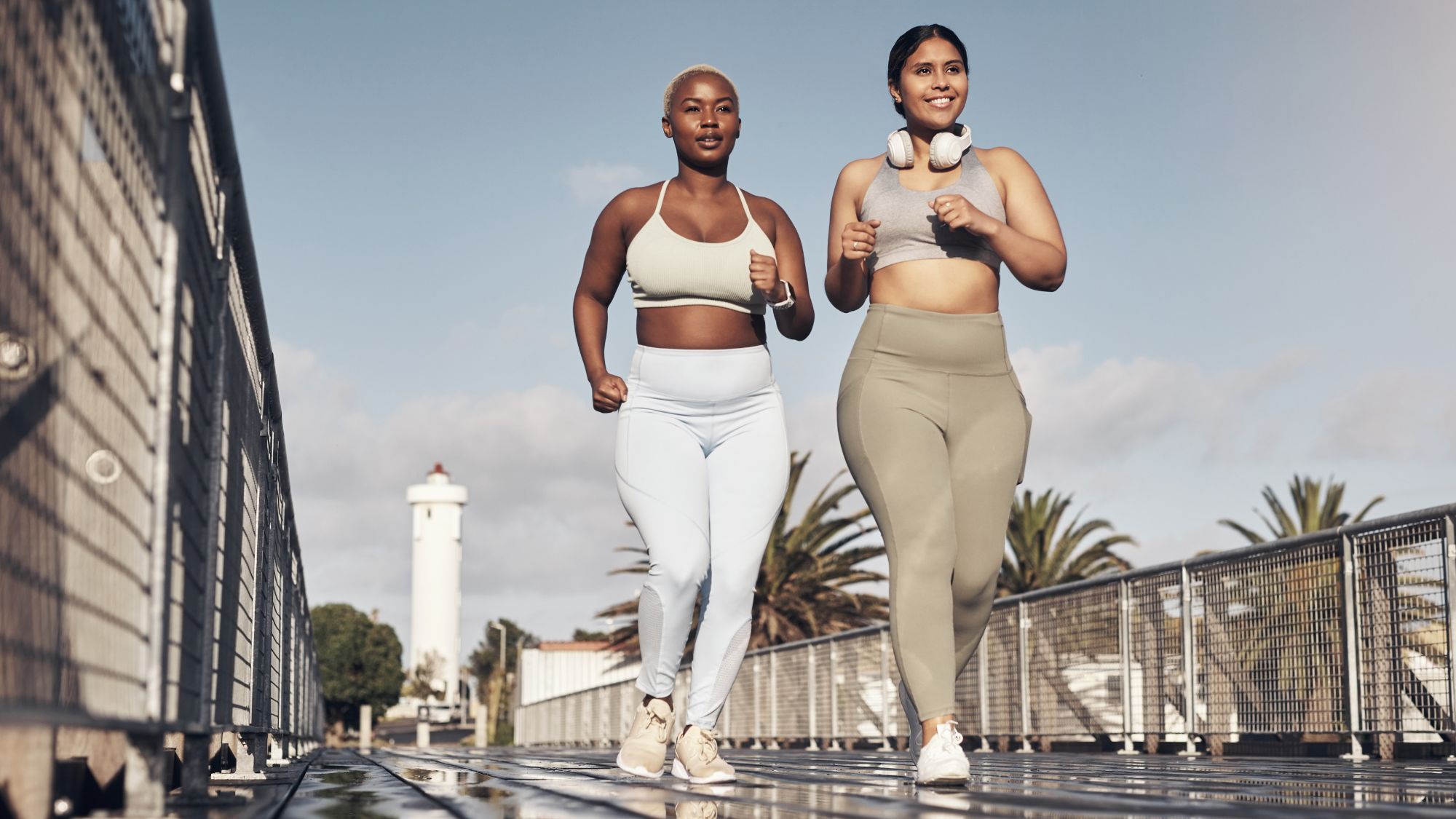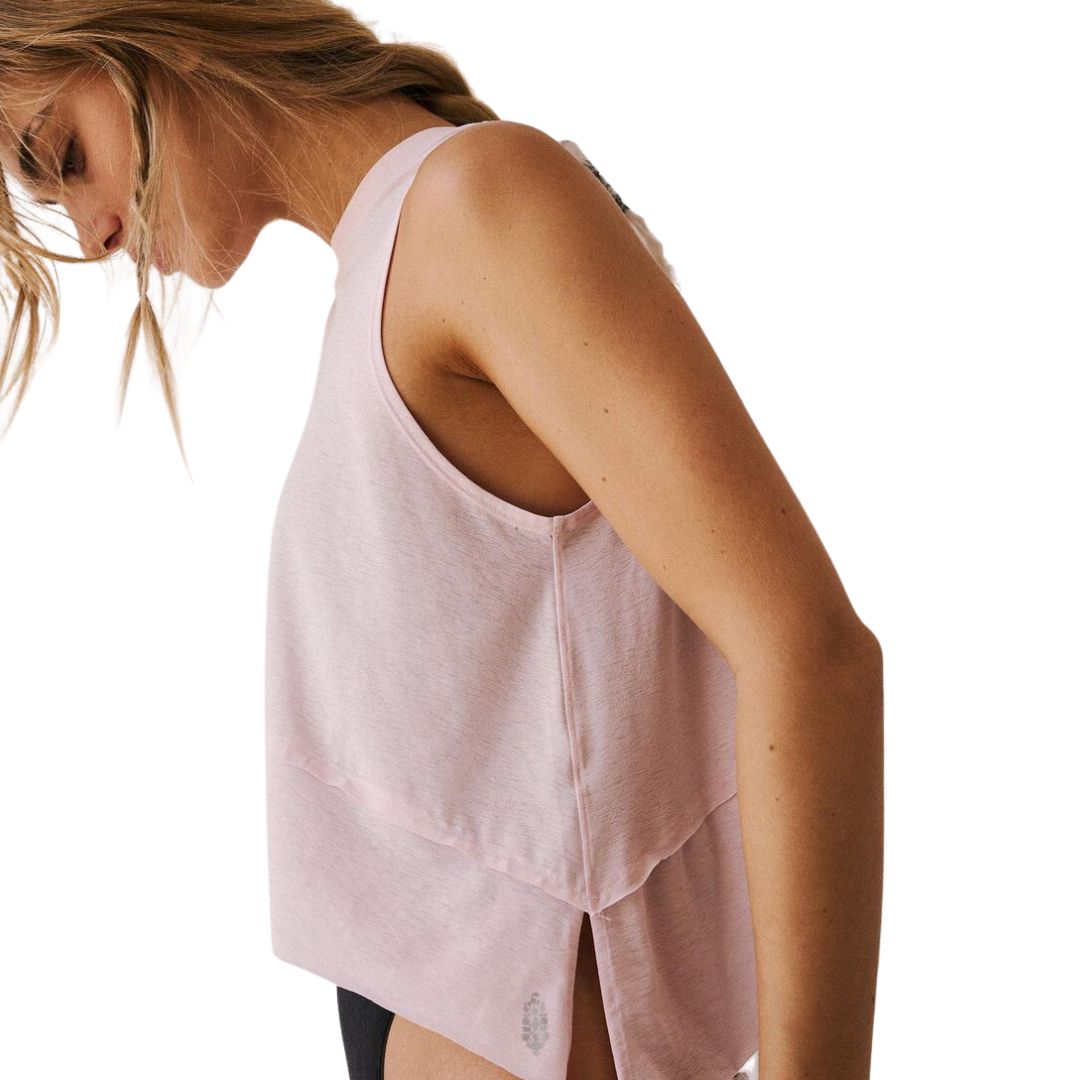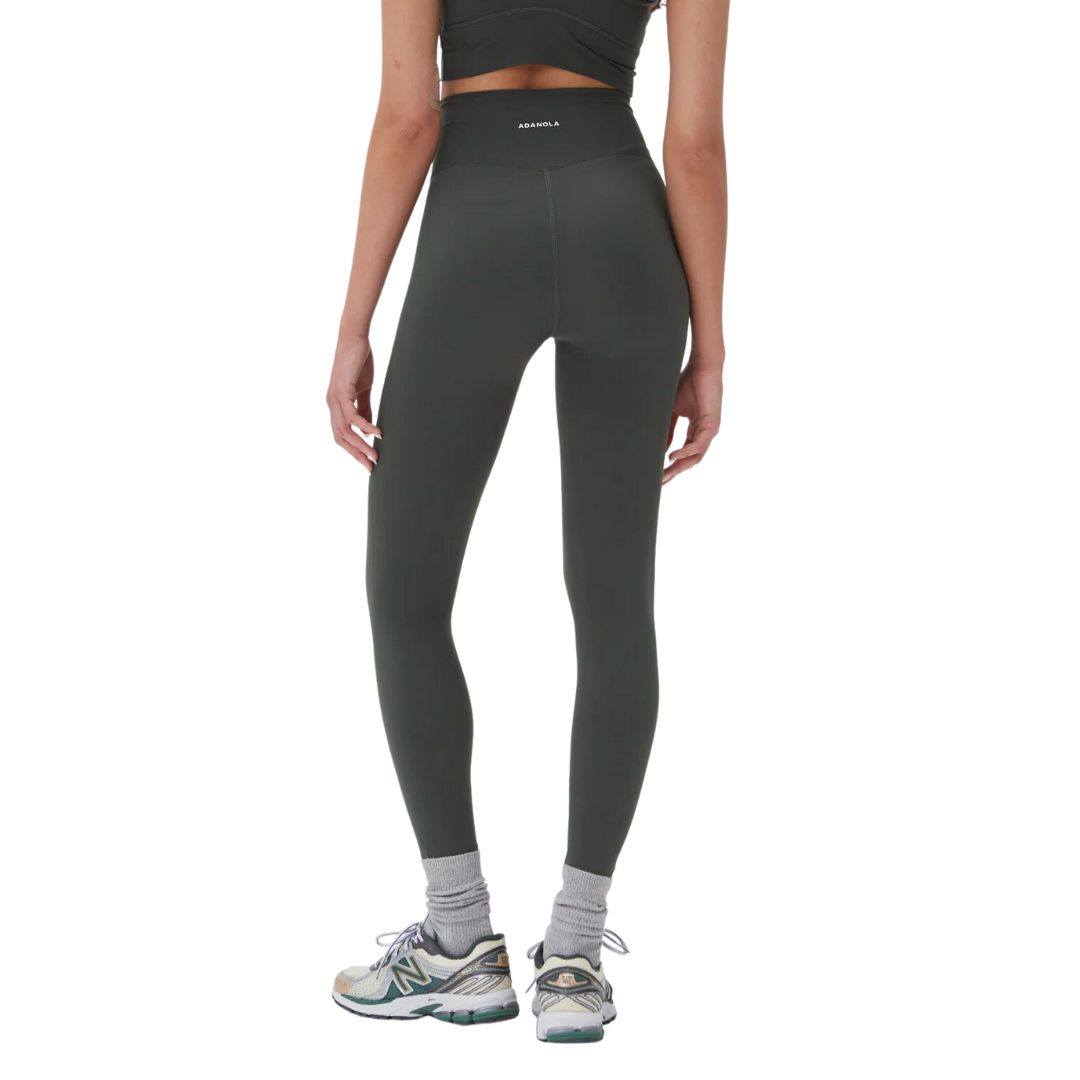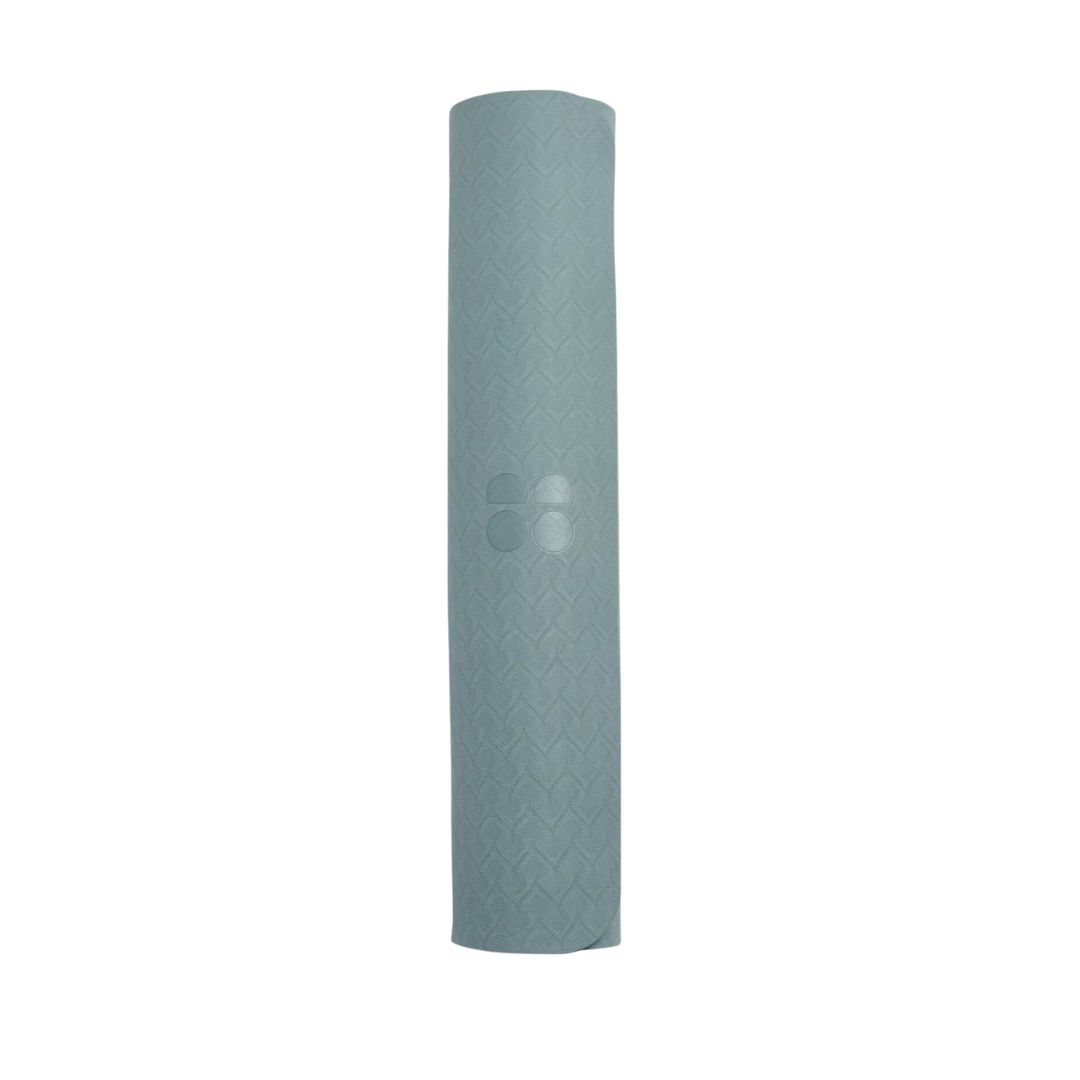Ever worked out your metabolic type? Top experts weigh in on whether learning yours could boost your health
Supported by science or better to skip?


Whether you identify as flexitarian, embrace mindful movement, or enjoy marathon running, we’re a species that loves to categorise – especially when it comes to our health. You may also have been one of many who recently took to Google to ask "what is my metabolic type?", as we clamour for more information that may help to optimise our health.
A bit of background for you, if that's you. Metabolic typing is a concept that dates back decades and uses visual cues, such as body shape, to gain clues to someone’s metabolic function - in other words, how the body converts food into energy - and then broadly categorise people based on body type. “There are three metabolic types: endomorph, mesomorph, and ectomorph," explains Becky Robinson, personal trainer at Nordic Balance. "These are terms used to describe different body types based on an individual’s physique and how their body tends to store and distribute fat and muscle.”
The theory goes that by knowing your metabolic type, you can pursue a complementary lifestyle where your specific metabolic needs are met through diet and exercise. But is it legit, or yet more pseudoscience? Keep scrolling to find out the expert take.
What is my metabolic type? Your guide
What are the three metabolic types?
1. Ectomorph
“Ectomorphs are characterised by a lean and slender body type with narrow shoulders and hips,” says Robinson. “Often, they have a fast metabolism, making it difficult for them to gain weight or muscle mass.”
Ectomorphs may, she says, have more challenging time building muscle, and might need to consume a higher calorie diet. “They excel in endurance activities and may have good cardiovascular fitness,” she adds.
2. Mesomorph
“Mesomorphs are often seen as having a naturally muscular and athletic build,” says Robinson. “They tend to have a broader chest, narrower waist and well defined muscles.”
According to theory, mesomorphs typically find it easier to build and maintain muscle mass and strength, and may also have an easier time managing body fat than endomorphs. “Mesomorphs are often well-suited for sports and physical activities that require strength and agility,” says Robinson.
3. Endomorph
“Endomorphs are characterised by a round or soft body shape with a higher tendency to store body fat,” Robinson explains. “They typically have a wider waist, hips and bone structure.”
Robinson says that endomorphs can find it easier to gain weight and body fat, and may struggle to lose it. “Their muscle development may be less pronounced compared to other body types,” she adds.
It’s also believed that endomorphs might excel in activities that require strength and power.
If you align with more than one metabolic type, Robinson says that’s normal. “Most people do not neatly fit into a single category and often exhibit a combination of these body types.”
Are there benefits to knowing your metabolic type?
Truth is: there’s not enough evidence to say for sure that metabolic typing makes scientific sense, nevermind the benefits that it may or may not offer.
Metabolic types are sometimes used to inform personalised nutrition plans that, in theory, tailor your eating to your body’s specific metabolic requirements. However, there's yet to be any conclusive scientific research that substantiates this. Besides, it’s not possible to get the full picture of someone’s metabolic function by simply looking at them.
Dr. Chih-Hao Lee, professor of genetics and complex diseases at Harvard's T.H. Chan School of Public Health, does a good job of explaining why in a 2021 piece for the Harvard Health website. "People might have fast, slow, or average metabolism, regardless of their body size and composition," he says. Age, among other factors, can influence metabolism, and while it does influence your body composition it’s not the be-all and end-all. "The reality is that metabolism often plays a minor role," Dr Lee adds. "The greatest factors as you age are often poor diet and inactivity."
What are the cons of knowing your metabolic type?
“The concept of metabolic typing lacks strong scientific evidence,” says Robinson. “It’s based more on anecdotal reports and subjective experiences, making it less reliable than evidence-based nutrition and health recommendations.”
Another con is that, even if the theory were to be substantiated, determining yours may be quite complex and involve costly tests for assessments that aren’t widely available, Robinson says. “It may also involve constant monitoring and adjustments to your diet, which can be cumbersome.”
A further issue with the metabolic typing theory is that there’s no one-size-fits-all when it comes to wellbeing, and we each have very different requirements – including those with similar body shapes to our own. “The idea of metabolic typing oversimplifies human metabolism, which is a highly complex and individualised process,” says Robinson. “What works for one person may not work for another, even if they are the same metabolic ‘type’.
Finally, following a diet that’s based around metabolic typing may lead to restrictive or disordered eating, and may harm your physical and mental wellbeing. “Knowing your metabolic type can lead to unnecessary stress or obsession over diet, causing anxiety or unhealthy eating behaviours,” says Robinson.
What are the best workouts for my metabolic type?
The most reliable way of figuring out which workouts suit you best is through trial and error and, if possible, working alongside a personal trainer who can programme a plan based on your goals and health markers.
Exercising in a way that you enjoy, and helps to facilitate your goals, is what’s most likely to ensure you stay consistent with your training.
Shop MC UK's go-to workout kit now:

Abbi Henderson is a freelance journalist and social media editor who covers health, fitness, women’s sport and lifestyle for titles including Women's Health and Stylist, among others.
With a desire to help make healthcare, exercise and sport more accessible to women, she writes about everything from the realities of seeking medical support as a woman to those of being a female athlete fighting for equality.
When she’s not working, she’s drinking tea, going on seaside walks, lifting weights, watching football, and probably cooking something pasta-based.


